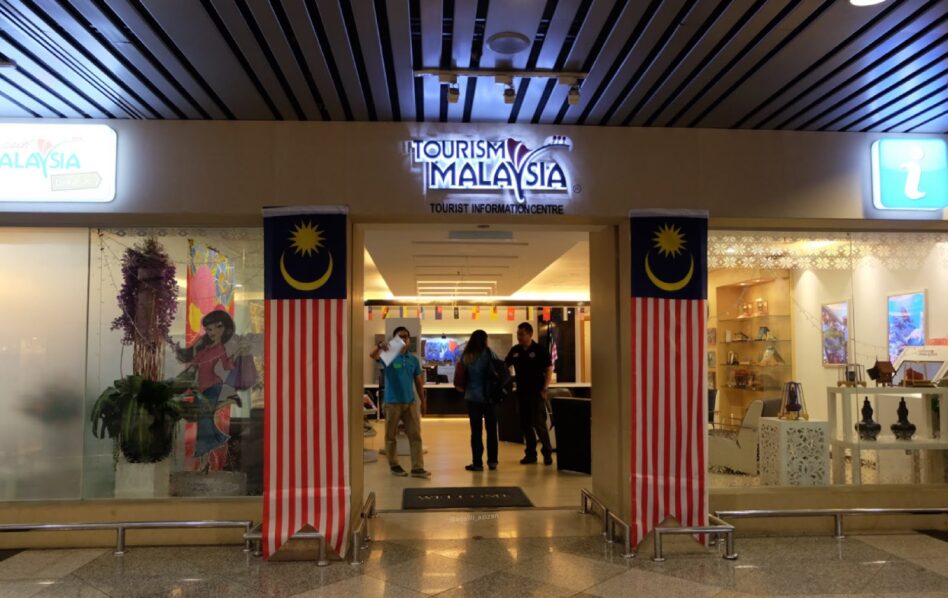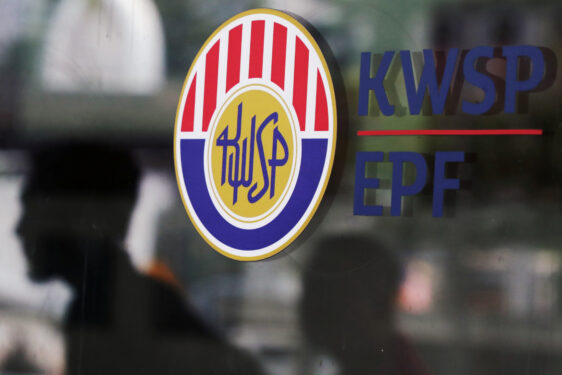THE Government’s decision to impose additional rules in hiring expatriates would affect Malaysia’s ability to attract investments from abroad.
In a statement today, the EU-Malaysia Chamber of Commerce and Industry (Eurocham Malaysia) said the decision would also undercut the local job market in the long run.
“Malaysia currently ranks 12th in the World Bank Doing Business 2020 Report among 190 economies worldwide, and the achievement was built overtime with strong investor confidence and loyalty.
“But Malaysia is well-known for its frequent migration policy shifts, and yet today, there are still many twists and turns in the hiring policy due to the challenges brought by COVID-19.
“We are concerned that the new policy will discourage quality European investors from establishing a presence in Malaysia, due to diminished confidence and the lengthy hiring process of expatriates,” said its chairman Oliver Roche.
Last week, Human Resources Minister Datuk Seri M Saravanan announced the Government would require companies to advertise job vacancies on the national employment portal, MYFutureJobs, for a period of 30 days.
In addition, MYFutureJobs would also have to seek recommendation from the Social Security Organisation (Socso) for the application to hire expatriates.
While Eurocham understands the policy was mooted to prioritise local hires, it said such a move would jeopardise Malaysia’s reputation as an investment-friendly destination among foreign businesses.
The business chamber reminded Saravanan that European investors bring in an average of RM6.5 bil in investments annually, adding the Eurozone have also been committing an average of 300 approved manufacturing projects in Malaysia every year.
Balance local priorities with global expectations
“Looking at the European manufacturing projects (1,490 projects) approved over the past five years (2015-2019), they are expected to generate 108,353 new employment opportunities for Malaysians.
“Now, these job opportunities are at risk, without even considering future job creation and investments that may now seek other destinations.
“In fact, the EU-Malaysia ties extend beyond trade and investments as both regions have also established collaborative efforts in other areas like education, sustainable economic development and environment.
“Hence, high-skilled expatriates play a vital role in knowledge and technology transfer during their course of duty in Malaysia,” noted its deputy chairman Luciano Pezzotta.
He added that with valuable knowledge and technology transfer from their European counterpart, Malaysia would gradually reduce the dependency on low-skilled foreign workforce and increase the supply of local high-skilled workers for the industries, with an upgraded economic value chain.
As a compromise, the business chamber urged the human resources minister to consider the suggestion below:

Eurocham Malaysia stated they have provided their feedback to the International Trade and Industries Ministry with regard to the matter on Oct 30 and urged Saravanan to reconsider the decision.
“We call for an open dialogue with the human resources minister to find ways in balancing domestic priorities and international expectations,” added its CEO Sven Schneider. – Nov 3, 2020










